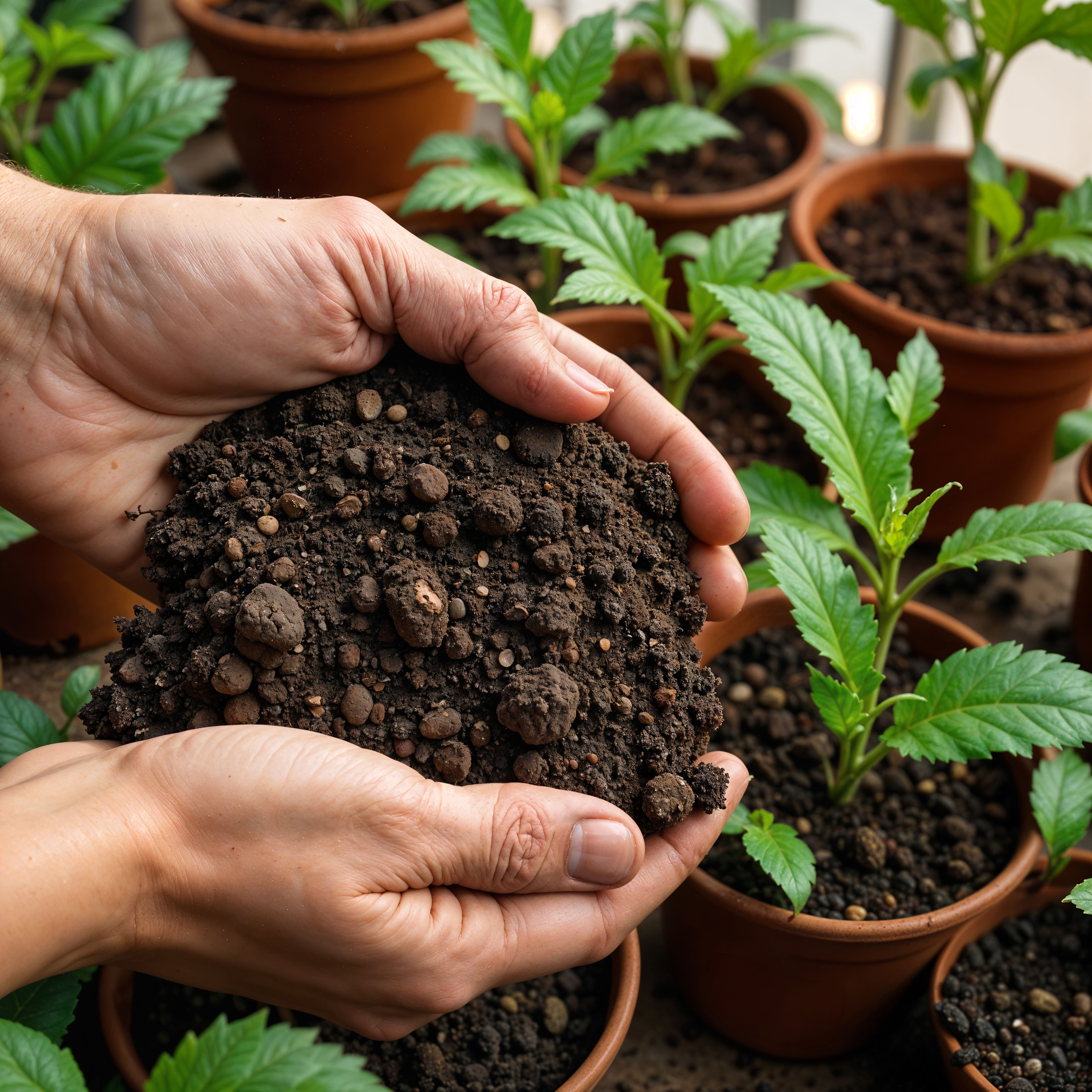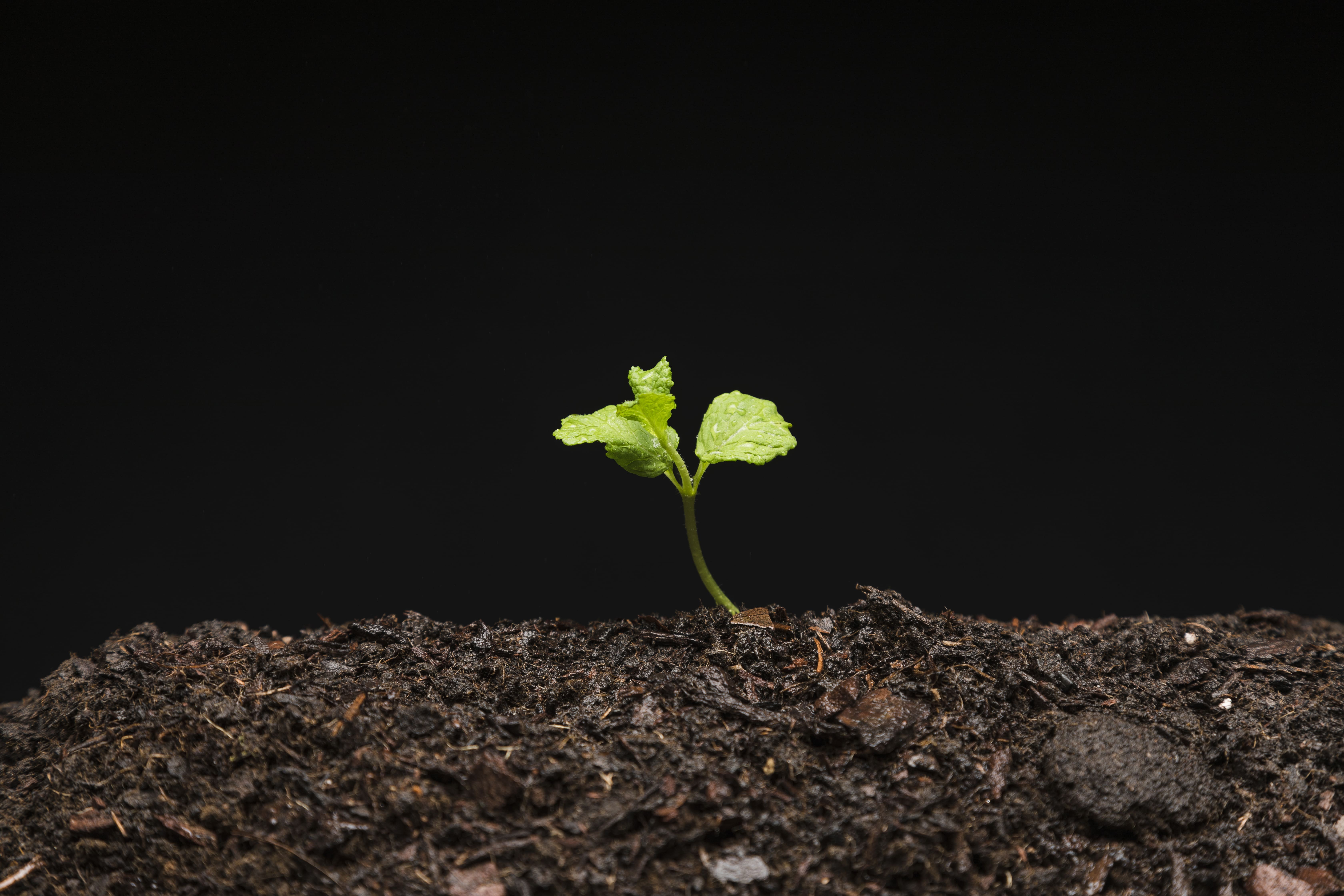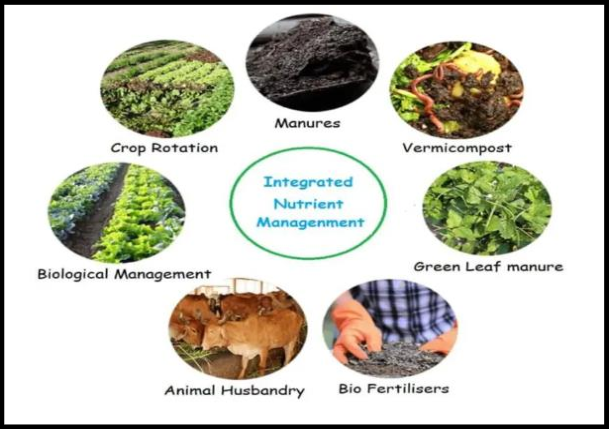Organic Manure: A Natural Way to Enrich Soil and Promote Sustainable Farming
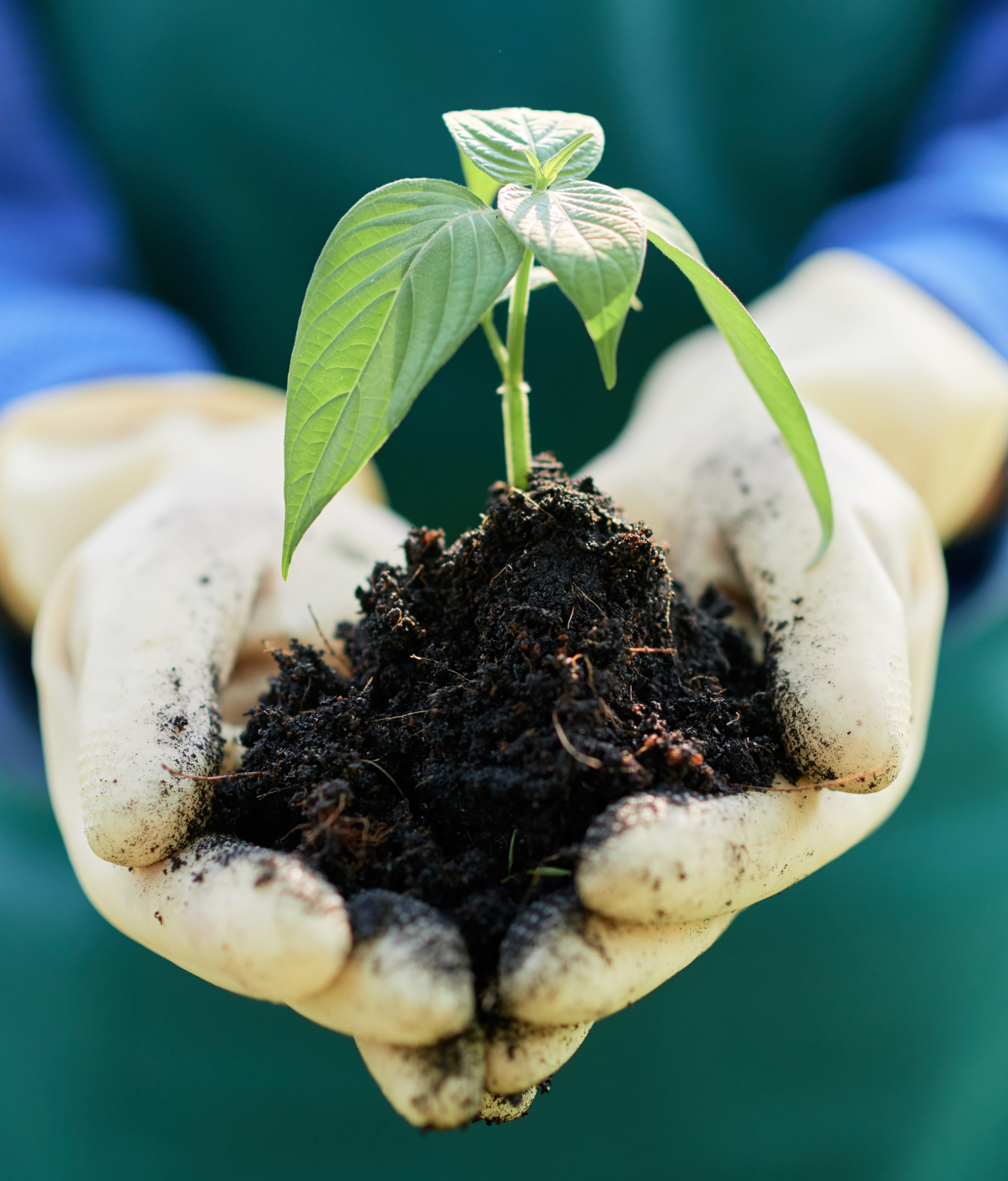
Organic manure is a type of natural fertilizer obtained from the decomposition of plant residues, animal waste, and other organic materials. It is rich in essential nutrients like nitrogen, phosphorus, and potassium, which are vital for healthy plant growth. Unlike synthetic fertilizers, organic manure is completely biodegradable and safe for the environment. Common examples include farmyard manure (FYM), compost, green manure, and vermicompost.
One of the major benefits of organic manure is that it not only supplies nutrients to plants but also improves the soil structure. It increases the water-holding capacity of the soil, promotes better root development, and enhances the population of beneficial microbes. These microbes help break down complex organic matter, making nutrients more easily available to plants. Over time, organic manure builds up the humus content of the soil, which is crucial for maintaining long-term soil fertility
Organic manure also supports sustainable agriculture by reducing dependence on chemical fertilizers and improving the ecological balance. It minimizes soil pollution, prevents harmful chemical buildup, and ensures food grown is free from chemical residues. By using organic manure, farmers can maintain healthy crops, protect biodiversity, and contribute to eco-friendly farming practices that are beneficial for both people and the planet
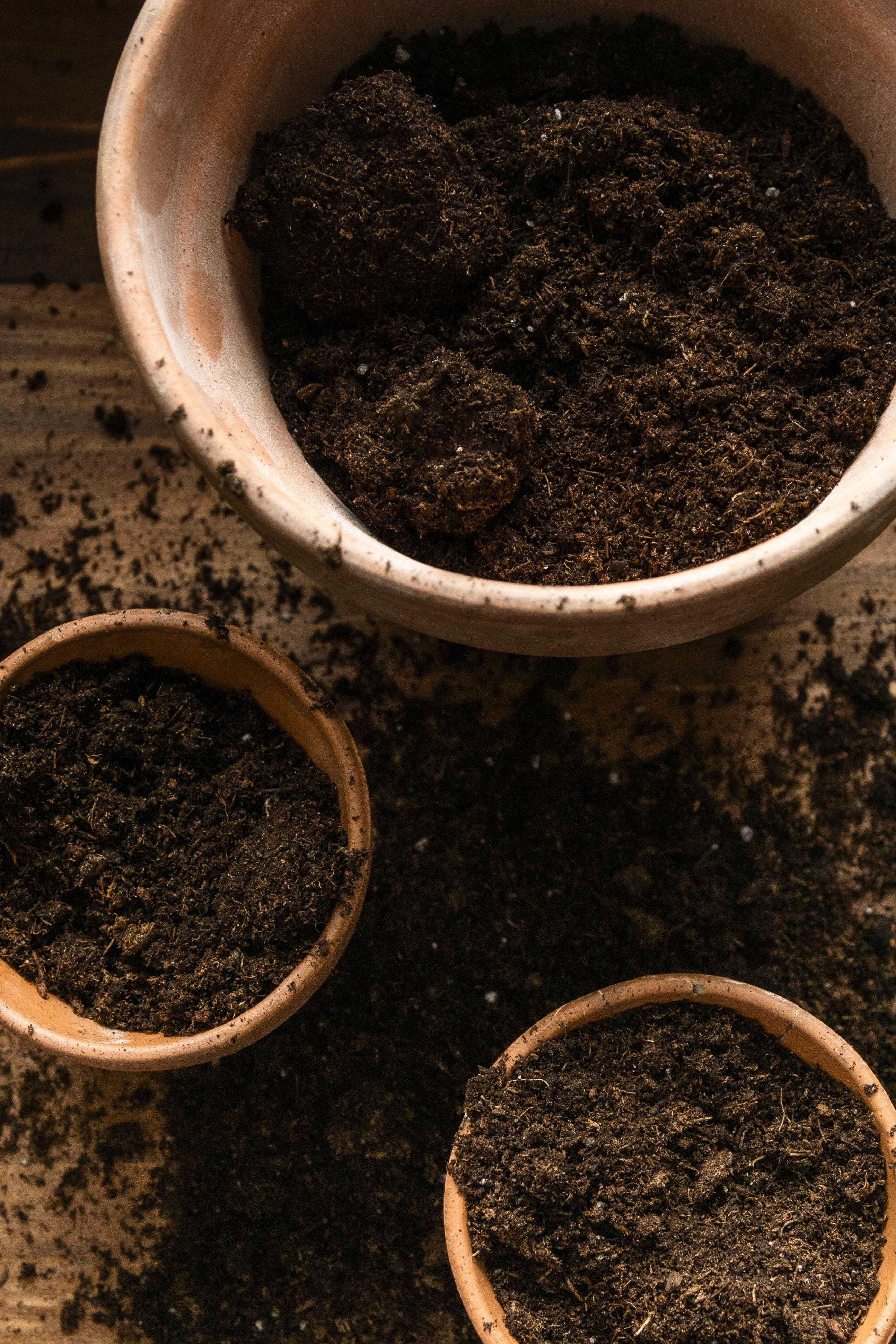
How to Use Organic Manure
- Prepare the Soil:Before applying organic manure, loosen the topsoil in your garden, pot, or field using a spade or hoe. This helps with easy mixing and better absorption.
- Mix with Soil: Mix the organic manure thoroughly with the soil in a ratio of about 1 part manure to 3 parts soil, depending on the plant’s needs. For heavy-feeding plants (like tomatoes or banana), you can use slightly more.
- Apply During Planting: While planting seeds or seedlings, place a small quantity of manure into the planting hole to provide nutrients directly to the roots.
- Top Dressing: For existing plants, you can sprinkle a layer of organic manure around the base (called top dressing) every few weeks. Water the area well after application.
- Compost Tea (Optional):You can soak compost or manure in water for 1–2 days, then use the liquid (compost tea) to water plants. This gives quick nutrients.
Benefits of Organic Manure
- Improves Soil Fertility: Organic manure enriches the soil with essential nutrients like nitrogen, phosphorus, and potassium. It enhances the natural fertility of the soil and supports long-term agricultural productivity.
- Enhances Soil Structure: It improves the texture and structure of the soil by increasing its organic matter content. This helps in better root penetration, aeration, and moisture retention.
- Promotes Microbial Activity: Organic manure encourages the growth of beneficial microorganisms in the soil. These microbes help decompose organic matter and make nutrients more accessible to plants.
- Environment-Friendly: It is completely natural and biodegradable, reducing the dependence on chemical fertilizers. It prevents soil and water pollution and supports sustainable farming practices.
- Increases Water Retention: Organic manure improves the soil’s ability to hold water, reducing the need for frequent irrigation. This is especially beneficial in dry or sandy soils.
- Cost-Effective: Most organic manure can be prepared from farm or kitchen waste, making it an affordable and eco-friendly alternative to synthetic fertilizers.
- Safe for Plants and Humans: Since it contains no harmful chemicals, organic manure ensures healthier produce and a safer growing environment for both plants and people.


